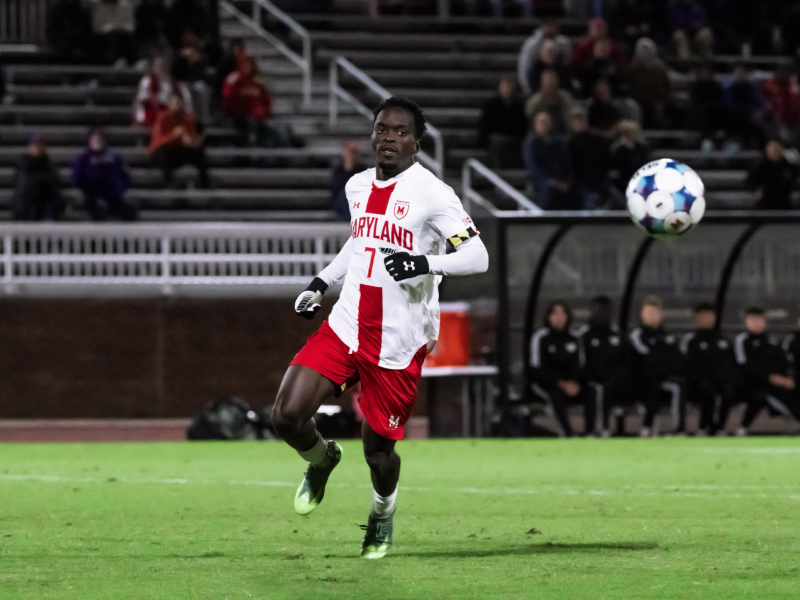If you’ve seen any movies in the Hannibal series, you definitely know that Hannibal Lecter is one messed-up maniac; however, you also know that there is something strangely appealing about his character. In Hannibal Rising, Gaspard Ulliel performs well in his American film debut as the young Hannibal Lecter and recreates the role to be all his own.
The character of Hannibal has been a part of American horror culture for years now, since Thomas Harris introduced the role in his novels Red Dragon (1981) and The Silence of the Lambs (1988). The Silence of the Lambs, a novel about FBI trainee Clarice Starling, her pursuit of serial killer Buffalo Bill and her demented, codependent relationship with murdering cannibal Hannibal, soared to the top of the bestseller charts and spawned a film version in 1991 starring Jodie Foster and Anthony Hopkins.
When The Silence of the Lambs won five Academy Awards, it spawned a series that would grow to include sequel Hannibal, prequel Red Dragon and now prequel-prequel Hannibal Rising. The new Hannibal, Ulliel, discussed with The Diamondback how he tackled the iconic role.
As the first story in the Hannibal series, Hannibal Rising opens in 1941 at Lecter’s native Lithuania, where his family lives as royalty in its castle. Soon after the movie begins, German troops begin to attack, and the family is forced to relocate to a cottage in the woods. All seems well at the cottage, but soon the 12-year-old Hannibal and his family are under attack again, this time by a Russian tank.
Hannibal and his younger sister Mischa (Helena Lia Tachovska) are the only survivors of their family, but soon they are brutalized when several Russian men kill his sister in an oh-so-genre-defining way. Traumatized, Hannibal somehow manages to escape to an orphanage and later finds his Japanese aunt, Lady Murasaki (Gong Li, Memoirs of a Geisha), who takes him in as his caretaker. But as the years pass, Hannibal never forgets the men who killed his sister.
The shining success of Hannibal Rising is Ulliel’s capture of Hopkins’ eeriness as Lecter. Clearly there is something wrong with a man who enjoys drowning others in formaldehyde, falling in love with his aunt and cooking people with a side of mushrooms.
Nevertheless, there is something endearing about Lecter that even Ulliel is able to notice.
“After spending just two hours with the character, I was addicted and didn’t want to stop,” Ulliel said in a conference call with The Diamondback. “It was a bit frightening filling Anthony Hopkins’ shoes as such an iconic character, but I tried to make the character my own. The director [Peter Webber] stressed this – he wanted me to use Anthony Hopkins as an influence, but he ultimately wanted the character to be my own.”
As Lecter, Ulliel is at times naive and innocent, but more often than not brutal and merciless. Even though the man becomes a monster, he is still somehow a twisted protagonist you often find yourself rooting for.
Ulliel isn’t the only effective actor in the film; Gong Li plays Lady Murasaki very well, and the sexual tension between Hannibal and his aunt the entire movie is gross but entrancing. Murasaki is constantly covering for Hannibal’s murders, and Lecter appreciates her in a way no nephew should. The movie becomes a bit of a battle between the memory of Mischa and Lady Murasaki, adding depth to the eerie, twisted relationships between characters in the film and giving a human face to Hannibal Rising.
While Hannibal Rising is supposed to be a horror film, it is really just a gore-fest. It might be hard for viewers to stomach Lecter’s disgustingly gruesome murders, but there is an engaging story of a man gone undeniably, understandably wrong beneath all the blood and gore.
Contact reporter Jason Koebler at aggro@umd.edu.


